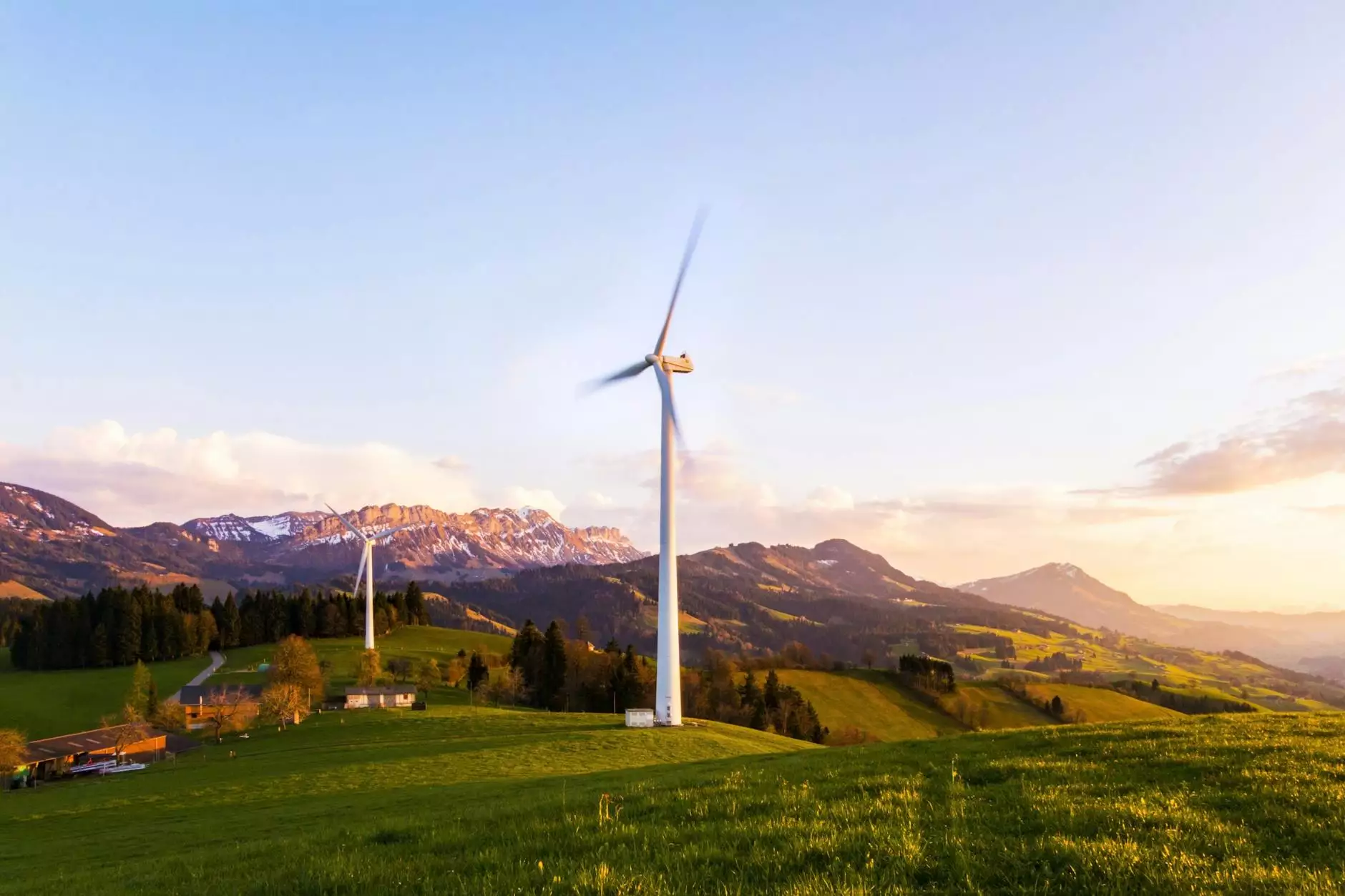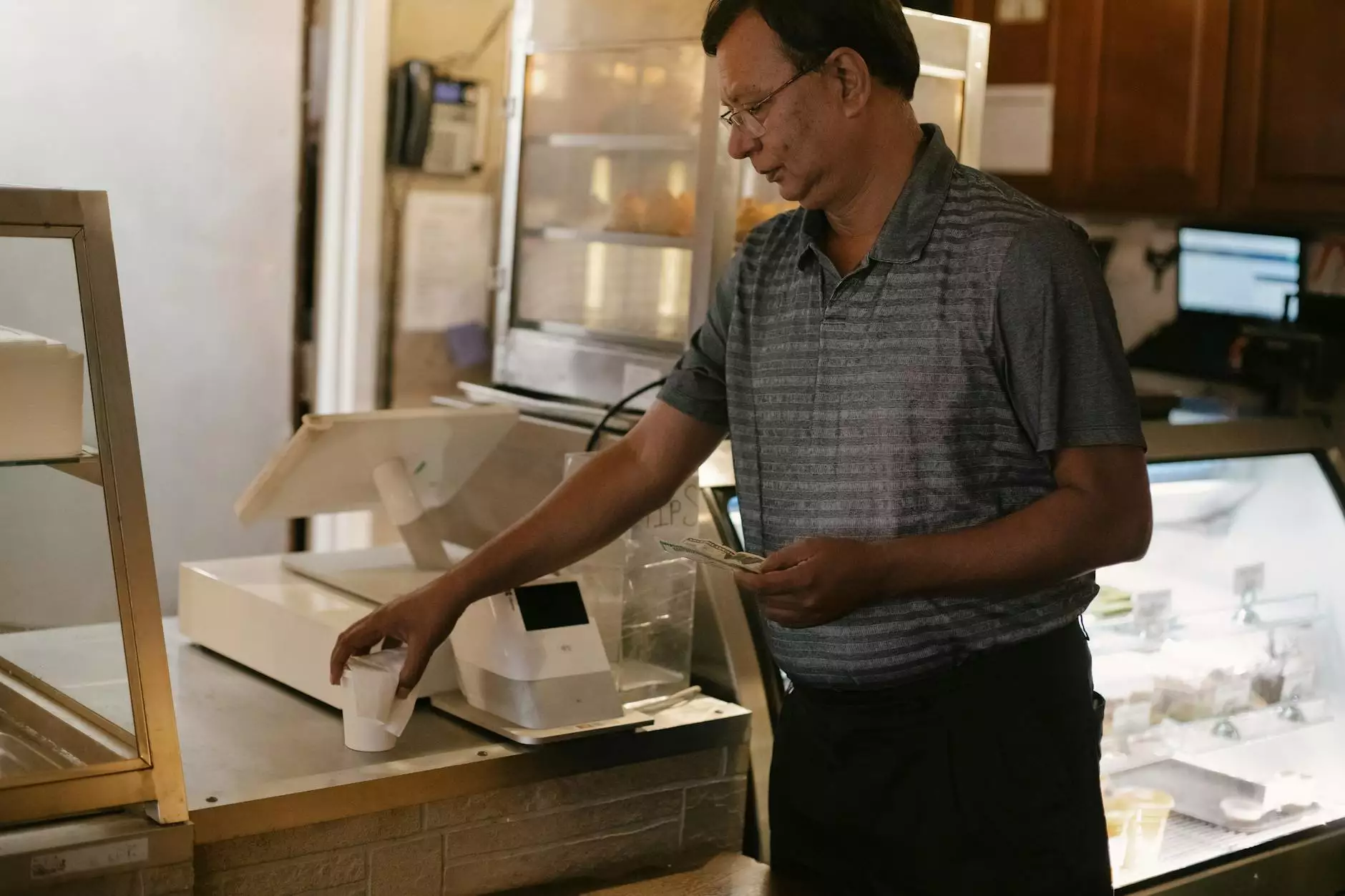Eco Heating Systems: A Comprehensive Guide to Sustainable Heating Solutions

Eco heating systems represent an innovative approach to heating residential and commercial spaces while minimizing environmental impact. With rising energy costs and a global push towards sustainability, understanding these systems' benefits has never been more crucial. This article delves into the various types of eco heating systems, their advantages, installation considerations, and maintenance practices to ensure you make an informed decision for your energy needs.
What Are Eco Heating Systems?
At their core, eco heating systems use renewable or low-carbon energy sources to generate heat, helping reduce greenhouse gas emissions and reliance on fossil fuels. These systems do not only promote environmental sustainability but also often lead to lower energy bills for homeowners.
Types of Eco Heating Systems
There are several types of eco heating systems, each tailored to different needs and circumstances. Below, we explore the most popular options:
- Heat Pumps: These systems use electricity to transfer heat from the outdoors to the indoors. Air-source, ground-source, and water-source heat pumps are available, each with unique advantages.
- Solar Heating: Solar thermal systems harness solar energy to heat water for residential use, offering significant energy savings during sunny months.
- Wood and Biomass Boilers: Utilizing organic materials, biomass systems can reach a high efficiency in burning renewable fuel sources, including wood pellets and chips.
- Combined Heat and Power (CHP): CHP systems generate both electricity and useful heat from a single energy source, making them incredibly efficient.
- Electric Heating Systems: These systems, often powered by renewable sources, provide a clean alternative to traditional heating methods.
Benefits of Eco Heating Systems
Switching to an eco heating system offers numerous advantages:
1. Environmental Impact
By reducing reliance on fossil fuels, these systems help decrease carbon footprints. For instance, heat pumps can reduce CO2 emissions by up to 50% compared to traditional heating methods.
2. Cost Savings
Although the initial investment can be higher, eco heating systems significantly lower energy bills in the long run due to increased efficiency and reliance on renewable resources.
3. Energy Efficiency
Many eco heating systems operate with high efficiency ratings. Heat pumps can convert 1 unit of electricity into up to 4 units of heat, showcasing remarkable energy conversion capabilities.
4. Energy Independence
With local energy sources, such as wood or solar energy, homeowners can reduce their reliance on external energy suppliers, enhancing energy security.
5. Government Incentives
Many regions offer tax credits, rebates, and incentives for installing energy-efficient systems, making it a financially attractive option.
Installation Considerations for Eco Heating Systems
Installing an eco heating system requires careful planning and consideration. Here are some important points to keep in mind:
1. Assessing Energy Needs
Understanding your home's energy usage is essential. Conduct an energy audit to evaluate your needs, identifying the most suitable eco heating system for your situation.
2. Choosing the Right System
Not all systems work effectively in every environment. For instance, while heat pumps excel in moderate climates, their efficiency could drop in extremely cold temperatures without supplemental heating sources.
3. Professional Installation
Hiring a professional with experience in eco heating systems is critical for optimal performance. Installation requires a deep understanding of both the technology and local regulations.
4. Space Requirements
Different systems have varying space requirements. For example, solar panels may need significant roof space, while heat pumps require adequate clearance for installation.
5. Maintenance Needs
While many eco heating systems require less maintenance than traditional systems, regular check-ups are still important to maintain efficiency and extend the life of the system.
Maintenance Best Practices for Eco Heating Systems
Proper maintenance can prolong the lifespan and efficiency of eco heating systems. Here are some best practices:
- Regular Inspections: Schedule annual inspections to ensure everything operates smoothly and efficiently.
- Filter Replacement: For systems that have filters (like heat pumps), replace or clean them regularly to maintain efficiency.
- System Calibration: Periodically calibrate your system to ensure optimal performance and efficiency.
- Check for Leaks: Inspect for leaks in pipes and ducts to avoid energy loss and improve overall system efficiency.
- Consult Professionals: Engage with HVAC professionals for comprehensive maintenance and servicing as needed.
Future of Eco Heating Systems
As technology advances, the future of eco heating systems looks promising. Increased efficiency, reduced costs, and improved sustainability practices will drive innovation in this sector.
Emerging Technologies
Exciting developments in battery technology, combined with improved energy storage solutions, are set to amplify the efficacy of eco heating systems, providing greater flexibility and reliability for homeowners.
Increased Awareness and Adoption
As consumers become increasingly aware of climate change and the benefits of sustainable practices, the demand for eco heating systems is expected to rise significantly, affecting market growth positively.
New Regulations and Standards
Governments around the world are establishing stricter regulations to promote energy efficiency and renewable energy use, further encouraging the adoption of eco heating systems.
Conclusion
In conclusion, eco heating systems are more than just heating solutions; they represent a shift towards sustainability and energy independence. For homeowners looking to minimize their environmental impact while saving on energy costs, these systems offer significant benefits. With the right knowledge about types, installation, maintenance, and future trends, you can make empowered decisions for your home's heating needs.
To explore eco heating systems further and to find the most suitable option for your home, visit Regraves HVAC. Begin your journey towards a sustainable and eco-friendly heating solution today!









